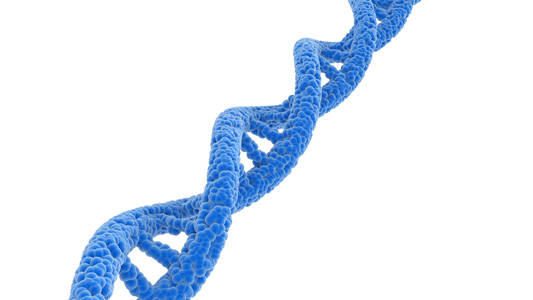 CRISPR/Cas9, a powerful genome editing tool, is showing promise for efficient correction of disease-causing mutations. For the first time, researchers from the Perelman School of Medicine at the University of Pennsylvania have developed a dual gene therapy approach to deliver key components of a CRISPR/Cas9-mediated gene targeting system to mice to treat hemophilia B. This disorder is also called factor IX deficiency and is caused by a missing or defective clotting protein. Their research will be presented during the 58th Annual American Society of Hematology Meeting and Exposition in San Diego from December 3-6 (Abstract #1174).
CRISPR/Cas9, a powerful genome editing tool, is showing promise for efficient correction of disease-causing mutations. For the first time, researchers from the Perelman School of Medicine at the University of Pennsylvania have developed a dual gene therapy approach to deliver key components of a CRISPR/Cas9-mediated gene targeting system to mice to treat hemophilia B. This disorder is also called factor IX deficiency and is caused by a missing or defective clotting protein. Their research will be presented during the 58th Annual American Society of Hematology Meeting and Exposition in San Diego from December 3-6 (Abstract #1174).
“This study provides convincing evidence for efficacy in a hemophilia B mouse model following in vivo genome editing by CRISPR/Cas9,” Wang said.


